|
On a late afternoon about 20 years ago, I stepped into a slow elevator with my college’s most productive, famous, and taciturn senior professor. After 10 seconds of silence, I asked, “Did you publish anything yet today?” He stared at me for about 4 seconds and said, “The day’s not over.” Cool . . . very Clint Eastwood-like.
Most of us have some super-productive days and we have some bad days, but most lie in-between. If we could figure out what leads to great days, we might be able to trigger more of them in our life. For instance, if you want to write a whole lot, there might be a way to set up your day so that this happens with a surprising amount of ease. Think of the most recent “great day” you had. What made it great, and how did it start? For about 20 years, every time somebody told me they had a great day, I’d ask “What made it great? How did it start out? About 50% of the time its greatness had to do with an external “good news” event like something great happening at work, great news from their kids or spouse, a nice surprise, or nice call or email from a grateful person or an old friend. The other 50% of the time, the reason for “greatness” was more “internal.” They had a super productive day, they finished a project or a bunch of errands, or they had a breakthrough solution to a problem or something they should do. External successes are easy to celebrate with our friends. Internal successes are more unpredictable. What made today a great day and what sabotaged yesterday? When people had great days, one reoccurring feature was that they started off great. There was no delay between when they got out of bed and when they Unleashed the Greatness. People said things like, “I just got started and seemed to get everything done,” or “I finished up this one thing and then just kept going.” One of the most productive authors I've known said that got up six days a week at 6:30 and wrote from 7:00 to 9:00 without interruption. Then he kissed his wife good-bye and drove into school and worked there. When I asked how long he had done that he said, “Forever.” About a year ago, I started toying with the idea that "Your first two hours set the tone for the whole day." Think of your last mediocre day. Did it start out mediocre? That would also be consistent with this notion. We can’t trigger every day to be great, but maybe we have more control than we think. If we focus on making our first two hours great, it might set the tone for the rest of the day. What we need to decide is what we can we do in those first two hours after waking that would trigger an amazing day and what would sabotage it and make it mediocre. For me, it seems writing, exercise, prayer, or meditation are the good triggers, and it seems answering emails, reading the news, or surfing are the saboteurs. Here’s to you having lots of amazing days. One’s where you can channel your best Clint Eastwood impression and say, “The day’s not over.”
0 Comments
It's been said that the most frequent last words of adventurous, partying males are probably:
1) “Hey, watch this,” or 2) “Here, hold my beer.” If we heard either of these, our grizzled wise advice would probably be, “STOP, Don’t Do That!” But giving well-intended advice in less obvious situations is trickier, so we've grown more hesitant to do so. We’ve all been burned by giving advice and having someone either trigger their Eye of Death, or break a saloon chair and an unlabeled whiskey bottle over our head. As a result, even as professors we can start drifting toward taking a more laissez-faire role toward advising students about their future. We might say “I will give them advice if they ask.” Yet even if they ask "What do I do?" we can be too carefully non-committal in giving them any advice (“Well, what do YOU want to do?”). A while back, I had an interesting conversation with a person who said his son had been adrift in high school. It all turned in the right direction for him one day when a teacher who he casually played chess with said, “If you work hard, you could be a high-school chess champion.” He focused, and it happened. The Dad then said something similar had happened to him 50 years ago. He had been adrift in high school – good grades but adrift – when a teacher told him “If you work hard, you could be on the debate team.” He focused, and it happened. These two teachers had given each of them a specific vision of what they could be: A chess champion and a debate champion. These mentors didn’t just compliment their talents by saying “You’re sharp,” or “You talks good.” They gave a specific direction that an adrift student could paddle toward. The decided to Be the One who pointed them toward an island. With earnest students, it can be easy to say “Good job,” or “You’re creative,” or “You’re good at this class.” Those are compliments. Other types of compliments can give useful paddling directions. A student might be earnestly good at school but not see where to take their life other than in the general direction their parents, friends, or placement office talk about. Suppose we took the risk that those two teachers took, and we told a student “You’d make a great ________,” or “Have you ever considered ____; I think you’d be really good at it.” They might feel a bit flattered, and a bit motivated to paddle in a direction they hadn’t thought of. Even if go in a totally different direction, if we motivated an earnest student in any hopeful direction, we accomplished more than if we would have given an easier default answer like, "Well, what do YOU want to do?" Let’s circle back to last week’s conversation about the two teachers who stuck their necks out and make laid out specific visions to the guy and his son. Things worked out for both of them. Ten years later, the son had graduated from college, started his own business, and was coaching chess champion hopefuls on the side. Forty years later, the dad had retired as a Fortune 500 CEO to produce a movie. Partly because two mentors decided to Be the One who gave them direction. I’m guessing that neither of their two teachers is still picking saloon chair splinters out of their head. ------ There's a reemerging teaching movement around this Be the One notion. Although it's sort of aimed at teachers of younger students, a surprising amount of it still applies to college students, and also applies to taking an extra effort to say the right words to graduate students at the right time. If you're teaching or TAing this semester, you can check out Ryan Sheehy's Twitter for a booster shot. |
Welcome...Tips for PhDs is a how-to community that helps us share our best practices as PhD students, new professors, and independent scholars.
Helpful tools and tips on how to graduate, get tenure, teach better, publish more, and have a super rewarding career.
Relevant Posts
All
Some Older PostsArchives
April 2024
|
Share Your Insights and IdeasWhat have you created or found that's been useful and could be helpful for other PhD students, new professors, or independent scholars?
Send an email to [email protected] if you have something you think would be useful to share with others on this website, or if you have ideas on how to make this more useful to you or your students. |
Stay in touch |



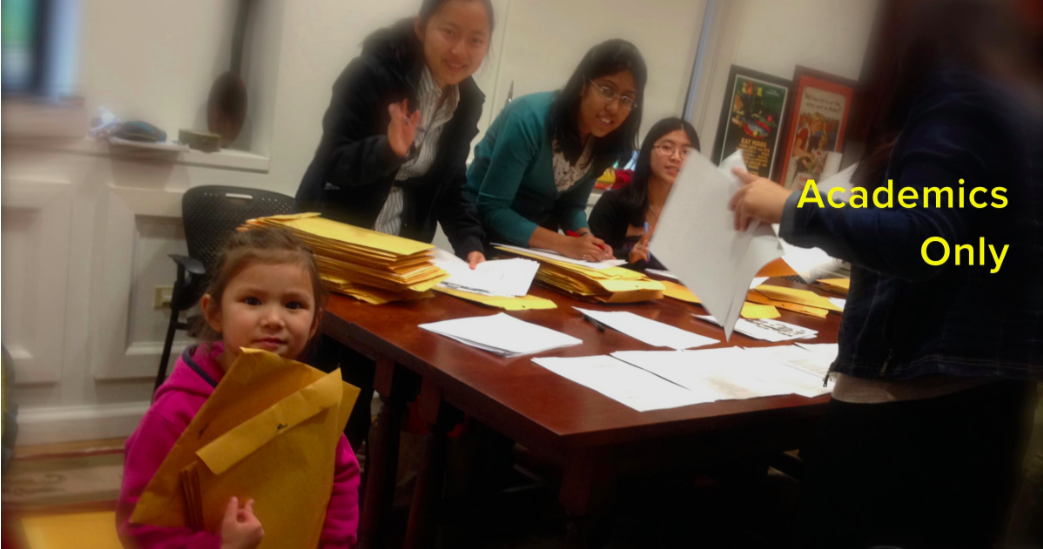
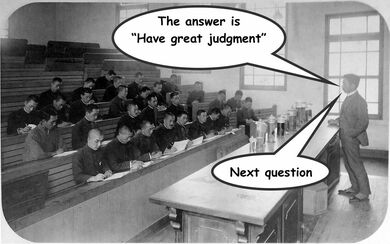
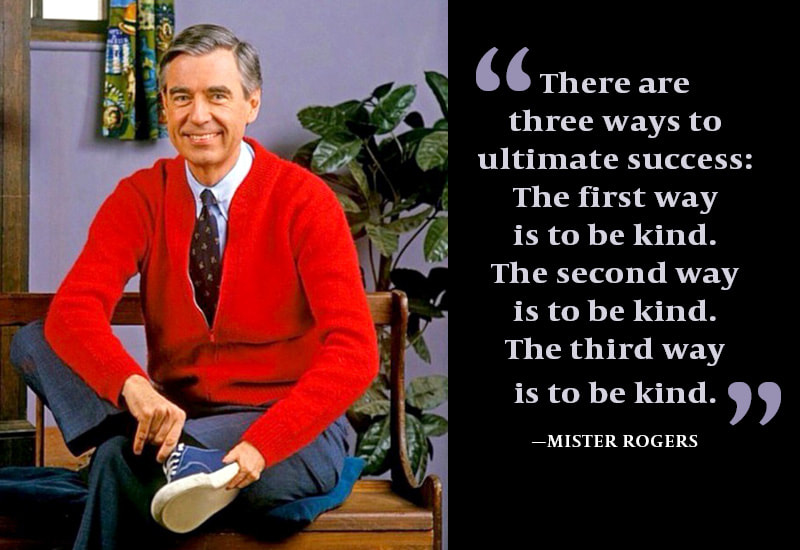
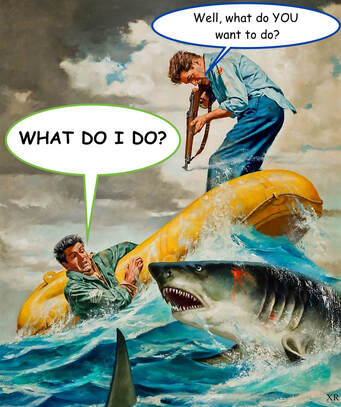
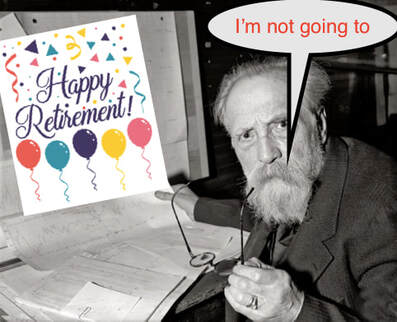
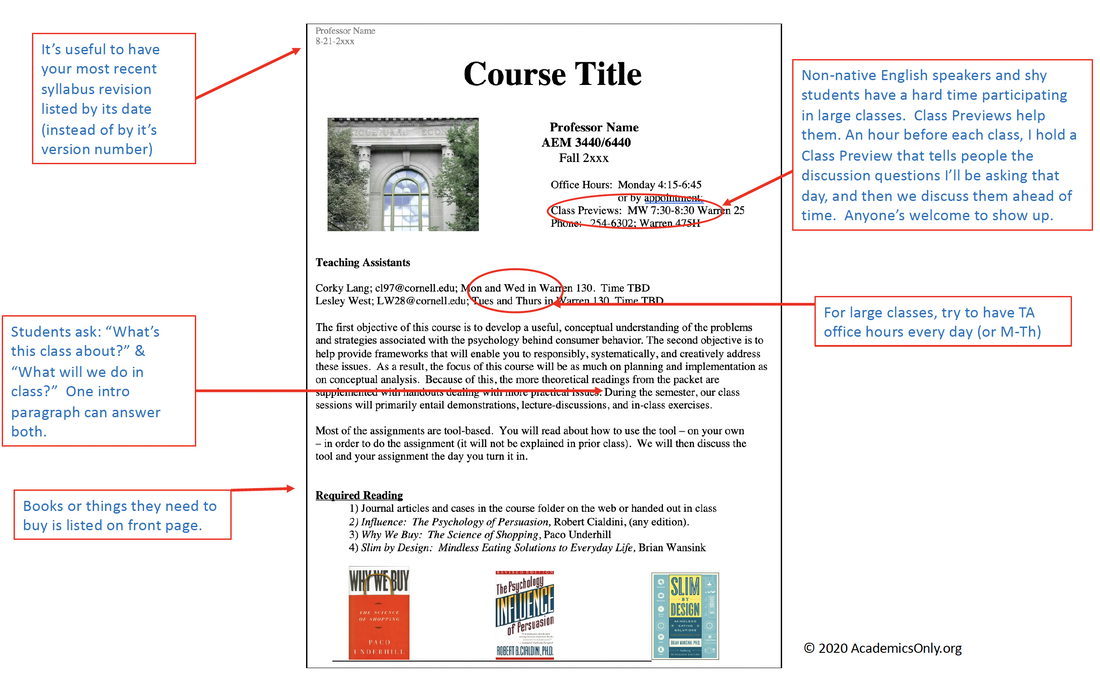

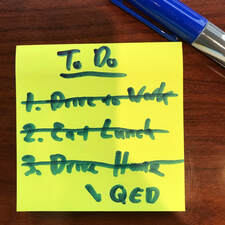

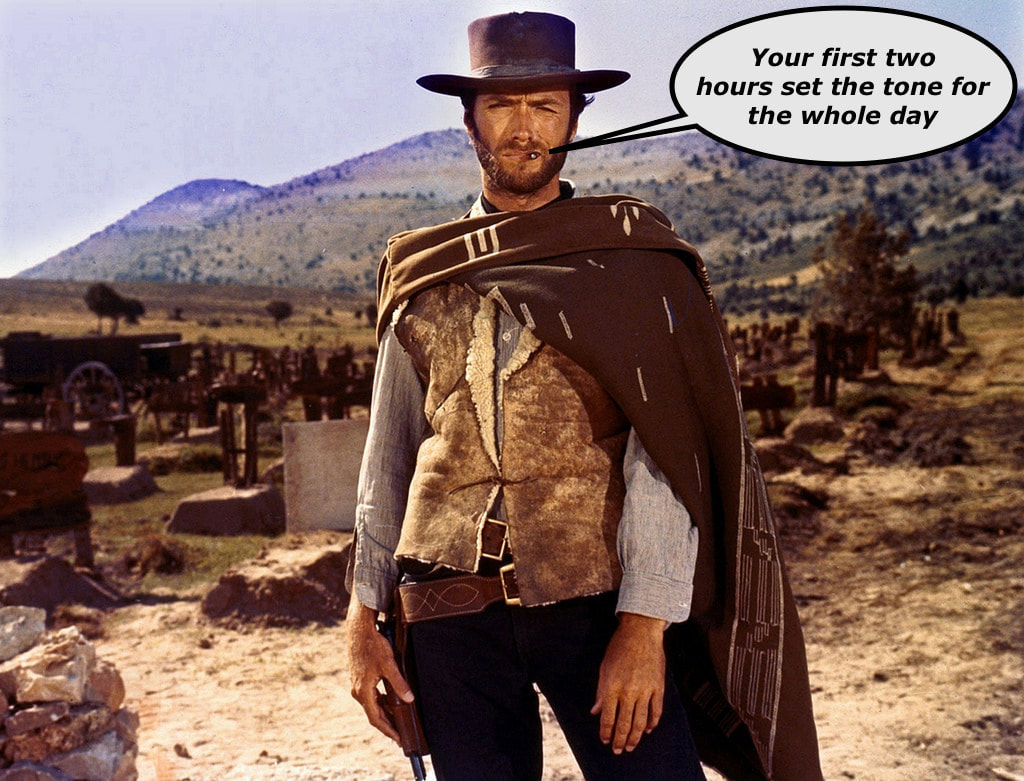
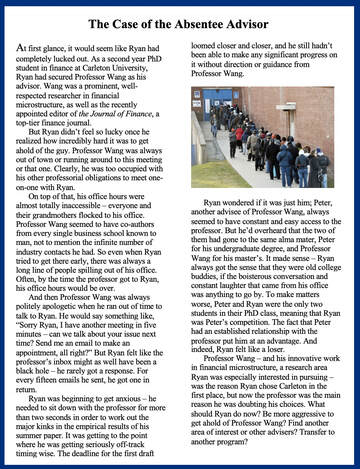
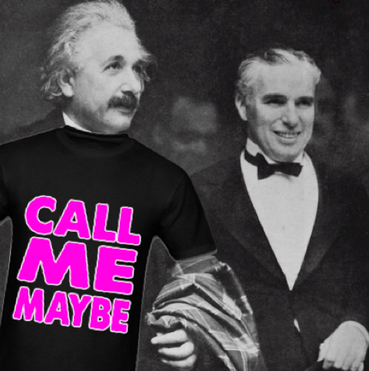


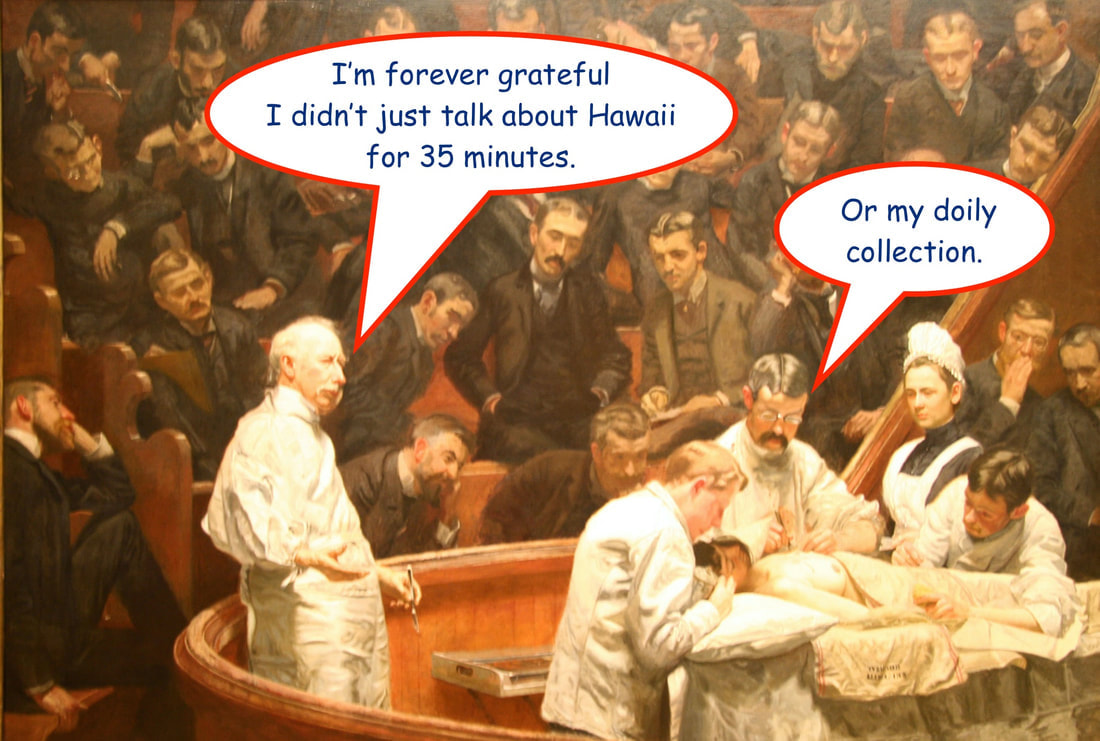
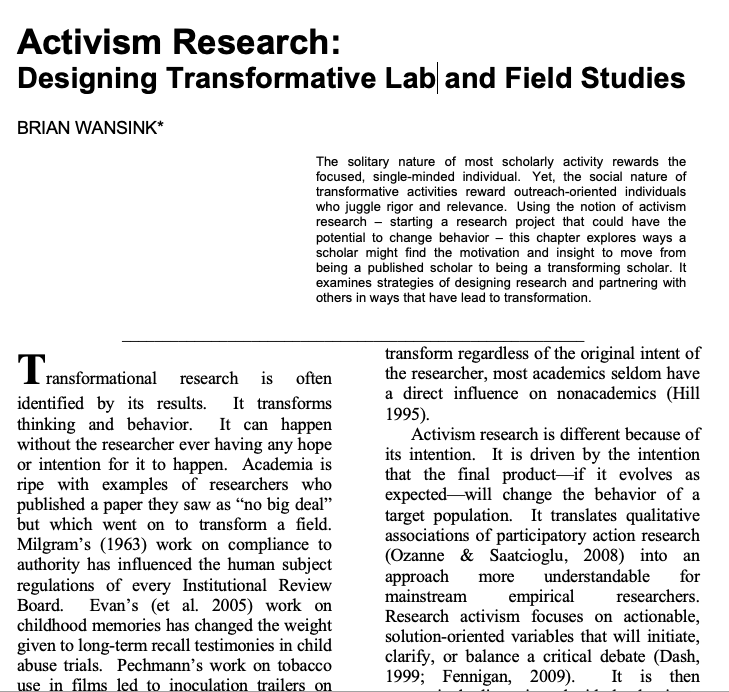

 RSS Feed
RSS Feed